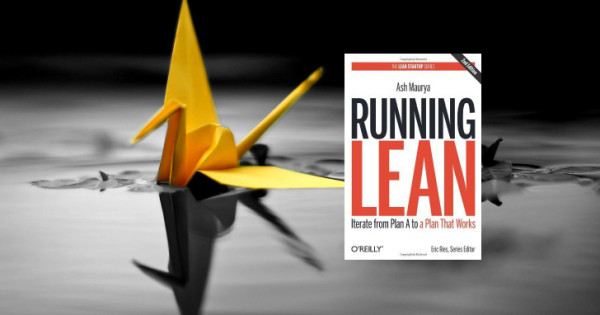-
Finding Secrets
To build a great company, one that solves a new problem, take a contrarian approach to commonly held business wisdom. Seek out secrets to which others are blind. Build a monopoly; direct competition will lead to conformity and erode all profits. Zero to One by Peter Thiel Zero to One: Notes on Startups, or How to Build the Future isn’t a how-to ... -
Using Market Type to Guide Startup Strategy
The Four Steps to the Epiphany by Steve Blank Identifying your market type Understanding your market type is a key success factor for startups and new product development. When creating a new product or service, it’s important to understand whether you are entering an existing market, creating a new one, or trying to carve out a niche. Many of the strategies ... -
Validated Learning
Running Lean by Ash Maurya Validated learning is a cornerstone of the Customer Development and Lean Startup methods. Both approaches define a startup as an institution whose purpose it is to create viable business by learning within a chaotic environment. A startup iterates its way to success by tracking meaningful metrics and creating testable hypotheses about growth and value. The outcomes ... -
Engines of Growth
The Lean Startup: How Today’s Entrepreneurs Use Continuous Innovation to Create Radically Successful Businesses by Eric Ries Validated learning The Lean Startup method is based on validated learning through identification of assumptions (“leaps of faith”) and testing hypothesis through creation of minimum viable products. Eric Ries believes that because of these attributes, entrepreneurship can be learned and taught. He says that ... -
Pivot or Persevere
The Lean Startup: How Today’s Entrepreneurs Use Continuous Innovation to Create Radically Successful Businesses by Eric Ries The Lean Startup method advocates a scientific approach to entrepreneurial management by identifying hypotheses related to one’s product, business model, or engine of growth. Making decisions based on metrics from these experiments is what propels the Lean Startup forward. As the startup learns, ... -
The Art of the Start
The Art of the Start: The Time-Tested, Battle-Hardened Guide for Anyone Starting Anything by Guy Kawasaki The Art of the Start is probably Guy Kawasaki’s most popular book among many he’s written on entrepreneurship, innovation, and leadership. Concepts from this book form the backbone of many of his presentations you’ll find on YouTube and popularized his “top ten” format used in ... -
Test your assumptions for effective customer discovery
The Entrepreneur’s Guide to Customer Development: A cheat sheet to The Four Steps to the Epiphany by Brant Cooper and Patrick Vlaskovits Traditional product development processes include an intense customer requirements process at the beginning, but then separate from the customer until the marketing and sales phases begin at the completion of development. Using a waterfall approach pushes learning into later stages ... -
The Intelligent Entrepreneur
The Intelligent Entrepreneur by Bill Murphy Jr. This book tells the stories of three Harvard Business School graduates (Marc Cenedella, Chris Michel, and Marla Malcom) who founded several successful businesses. Chapters describing the founders’ lives and business pursuits alternate with a ten rules of “intelligent entrepreneurship”. Key themes include thinking big, asking “who cares?” about customer needs, finding the right partners, ...







